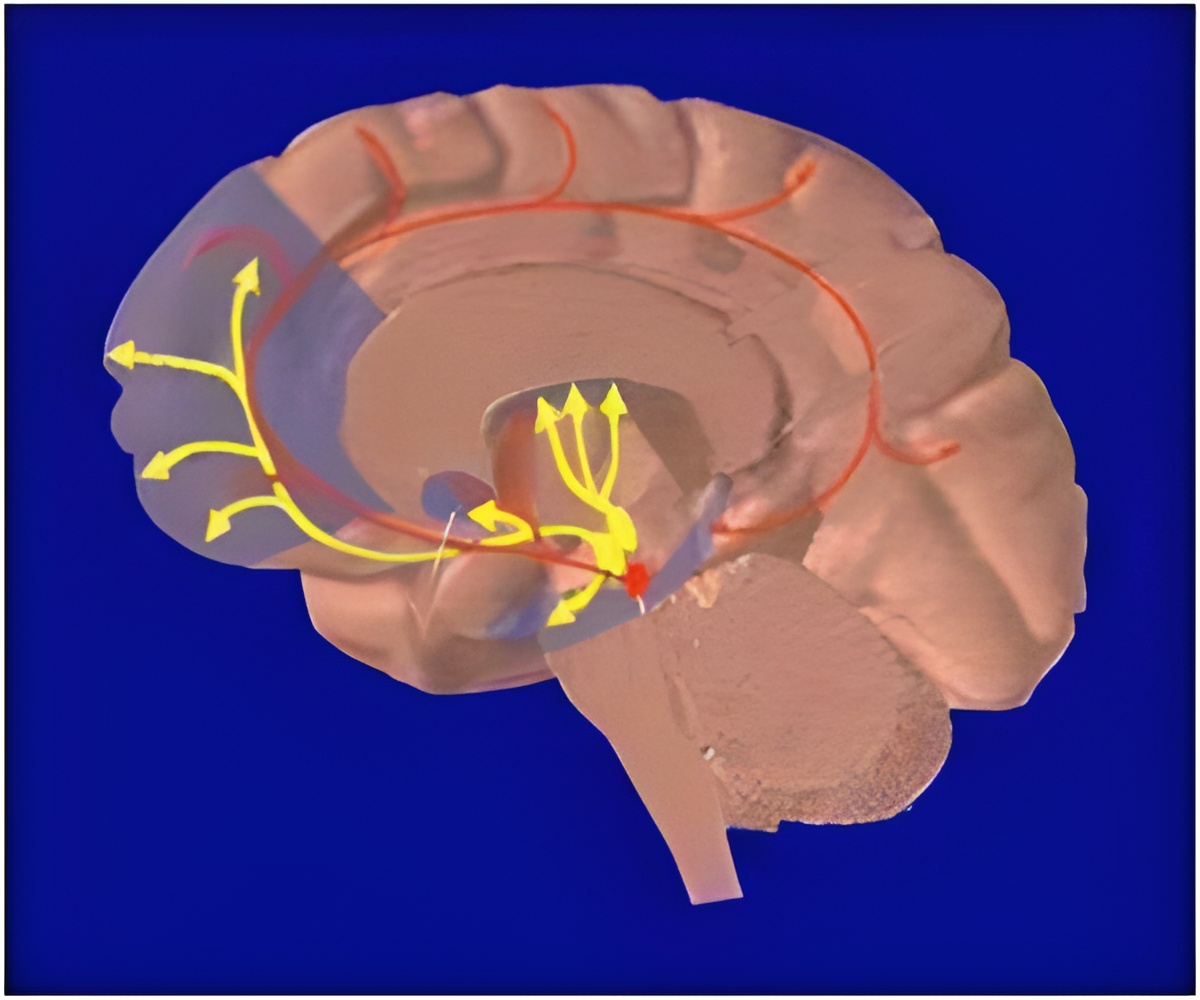Researchers at the University of Iowa worked at understanding how the brain takes decisions based on experiences in the past.

"We gave the patients four slot machines from which to pick in order to win money. Unbeknownst to the patients, the probability of getting money from a particular slot machine gradually and unpredictably changed during the experiment. Finding the strategy that pays the most in the long run is a surprisingly difficult problem to solve, and one we hypothesized would require the frontopolar cortex," explains Christopher Kovach, Ph.D., a UI post-doctoral fellow in neurosurgery and first author of the study.
Contrary to the authors' initial expectation, the patients actually did quite well on the task, winning as much money, on average, as healthy control participants.
"But when we compared their behavior to that of subjects with intact frontal lobe, we found they used a different set of assumptions about how the payoffs changed over time," Kovach says. "Both groups based their decisions on how much they had recently won from each slot machine, but healthy comparison subjects pursued a more elaborate strategy, which involved predicting the direction that payoffs were moving based on recent trends. This points towards a specific role for the frontopolar cortex in extrapolating recent trends."
Kovach's colleague and study author Ralph Adolphs, Ph.D., professor of neuroscience and psychology at the California Institute of Technology, adds that the study results "argue that the frontopolar cortex helps us to make short-term predictions about what will happen next, a strategy particularly useful in environments that change rapidly -- such as the stock market or most social settings."
Adolphs also hold an adjunct appointment in the UI Department of Neurology.
Advertisement
"The University of Iowa is one of the few places in the world where you could carry out this kind of study, since it requires carefully assessed patients with damage to specific parts of their brain," says study author Daniel Tranel, Ph.D., UI professor of neurology and psychology and director of the UI Division of Behavioral Neurology and Cognitive Neuroscience.
Advertisement
"The healthy comparison subjects seemed to perceive trends in what was just random noise," Kovach says.
This implies that the functions of the frontopolar cortex, which support more complex and detailed models of the environment, at times come with a downside: setting up mistaken assumptions.
"To the best of my knowledge this is the first study which links a normal tendency to see a nonexistent pattern in random noise, a type of cognitive bias, to a particular brain region," Kovach notes.
The researchers next want to investigate other parts of the frontal cortex in the brain, and have also begun to record activity directly from the brains of neurosurgical patients to see how single cells respond while making decisions. The work is also important to understand difficulties in decision making seen in disorders such as addiction.
Source-Eurekalert









